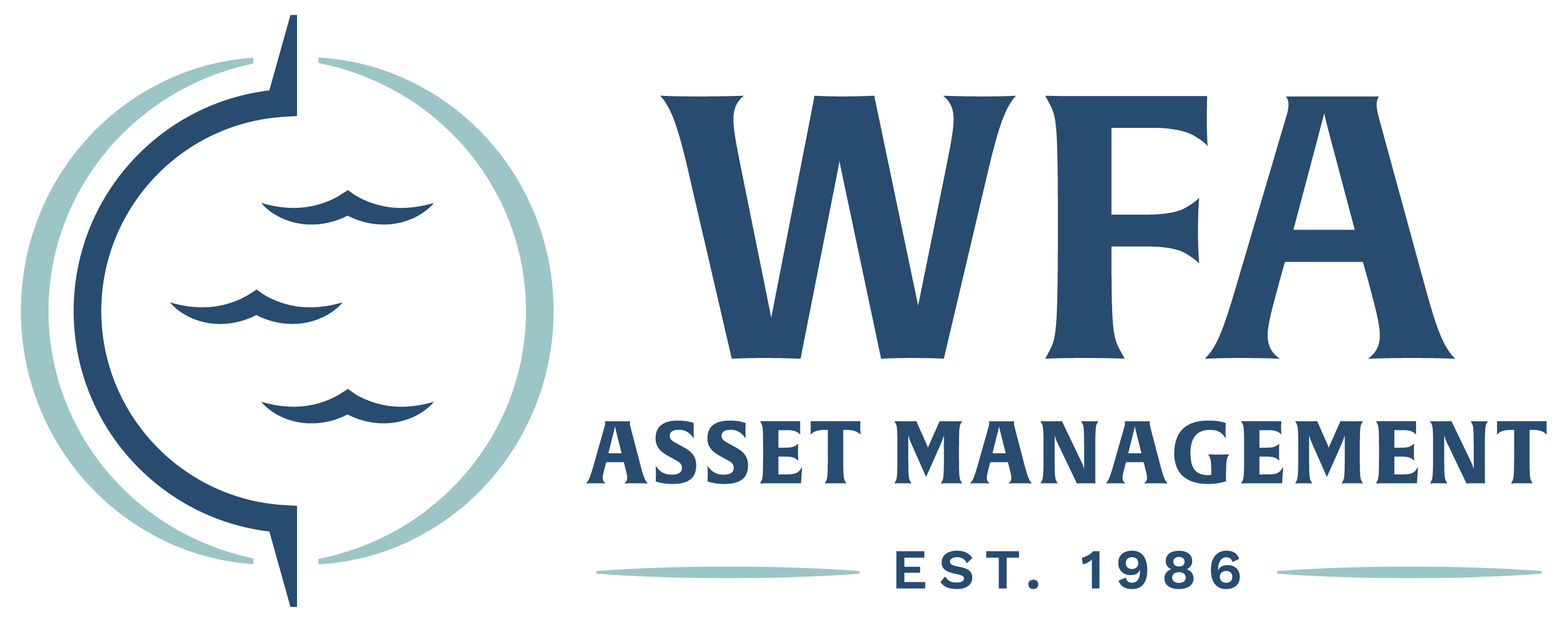What is student loan deferment?
With deferment, you can temporarily stop making payments. However, you likely won’t be making progress toward forgiveness or paying back your loan. Because loan interest can accrue (build up) while your loan is in deferment or forbearance, you may want to explore other repayment plans first.
Income-driven repayment plan
For those having trouble repaying their loans, an option might be to consider changing to an income-driven repayment plan. Income-driven repayment plans base your monthly payments on your income and family size. In some cases, your payment could be as low as $0 per month. Income-driven plans can also provide forgiveness of remaining debt after 20 or 25 years.
Interest might accrue during deferment
If you’re granted a deferment, you might still be responsible for paying the interest that accrues during the deferment period. The table below shows when you are responsible for paying the interest and when you are not responsible based on loan type.
Loan Types Where You Are Generally NOT Responsible for Paying the Interest That Accrues
- Direct Subsidized Loans
- Subsidized Federal Stafford Loans
- Federal Perkins Loans
- The subsidized portion of Direct Consolidation Loans
- The subsidized portion of FFEL Consolidation Loans
Loan Types Where You Are Responsible for Paying the Interest That Accrues
- Direct Unsubsidized Loans
- Unsubsidized Federal Stafford Loans
- Direct PLUS Loans
- The unsubsidized portion of Direct Consolidation Loans
- The unsubsidized portion of FFEL Consolidation Loans
When you are responsible for paying the interest on your loans during a deferment, you have two options. You can either pay the interest as it accrues, or you can allow it to accrue and be capitalized (added to your loan principal balance) at the end of the deferment period.
To learn more about student loan deferment, visit studentaid.gov.
